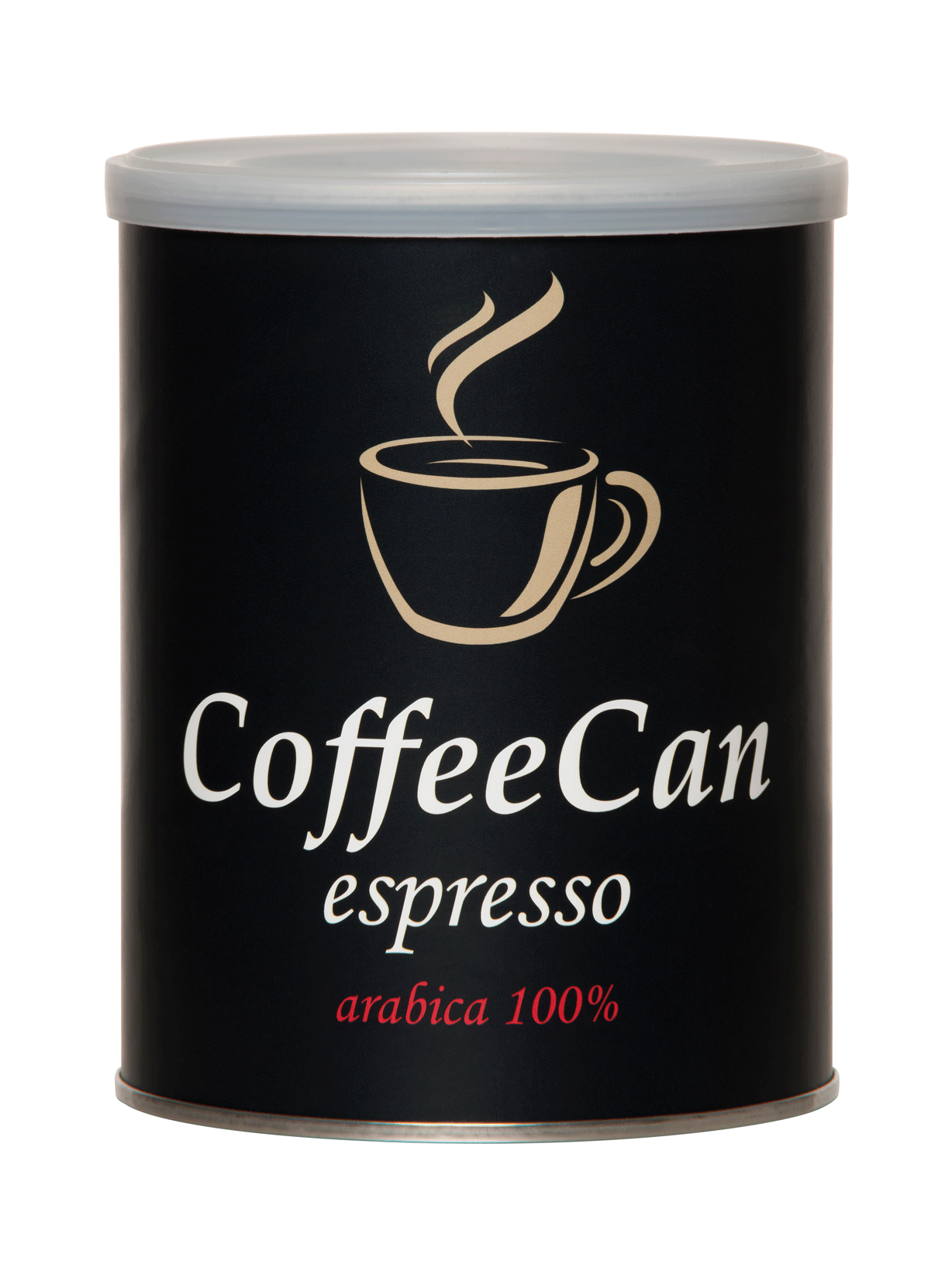To check the effectiveness of seal tightness and protection under extreme conditions, the research and development work included thermal stress tests subjecting filled and sealed cans to a temperature of 45°C for one week to simulate an exacerbated situation, as could occur for example during transport in summer. In the stress test over six months, the internal levels of acidity, peroxides and oxygen were, despite the high temperature, very low and within an acceptable range. Coffee cans are normally stored at a temperature of approximately 20°C, usually in air-conditioned environments. Composite cans with Peel-off Tops WPG has recently joined the SCAE, Speciality Coffee Association of Europe, and the Triveneto Coffee Roasters Group (Gruppo Triveneto Torrefattori Caffe – GTTC) with the aim of supporting the quality of coffee in Italy and supporting the market with specific packaging solutions.
The proposed composite material is a rigid packaging solution derived from the combination of different materials: 80% is made from recycled cardboard with an innerliner of aluminium foil as a barrier combined with a Peel-off Top “freshness seal”, a metal base and a plastic overcap to reclose the can after it has been opened. In terms of aesthetics and use, the “Peel-off Top” system designed and developed by WPG is similar to the lids on conventional tin cans available in the supermarket. However, the system is safer and eliminates the risk of cuts from the sharp edge of the can.
Composite cans are hermetically sealed, lighter, less expensive and more eco-friendly than the conventional rigid packaging system used for coffee. The lightness is due to the fact that a composite can weighs 40% less than a metal container of equal capacity. Its eco-sustainability derives from the use of recycled paper (80% of the packaging) and its reduced weight is a factor that lowers costs and carbon dioxide emissions during transport. Therefore, the ability to preserve coffee with a highly protective barrier is combined with other benefits such as lower costs along the entire production and supply chain, less environmental impact and more convenience and safety for consumers. The cans produced by WPG offer manufacturers the ability to customise already at small number of prints and differentiate their products with various marketing options on offer. Weidenhammer Packaging Group With 12 manufacturing facilities, more than 1,100 employees and an annual sales of €250 million, Weidenhammer Packaging Group is currently one of the world leaders in the supply of containers made of composite material and plastic of various sizes. Founded in 1955 in Hockenheim, Germany, WPG is a medium-sized family-owned company, which is firmly established in the packaging market on a European and international level and in the development of technologies applied to different segments of the packaging sector. The Group, led by Ralf Weidenhammer, has extensive experience in the production of high-quality packaging. Since 2005, thanks to the Weidenhammer Plastic Packaging (WPP) division, the group has expanded its range of products with innovative solutions in plastic using IML injection technology (In-Mould Labelling) for containers intended for refrigerated, frozen and canned food products.
WPG is a reference for numerous German, European and multinational companies that sell their products around the globe, such as Nestlé, Unilever, Kellogg’s, General Mills, Mondelez and British American Tobacco. The choice of locations for new production facilities is driven by the desire to be close to the customer from the point of view of logistics. This localization strategy ensures that supplies are delivered and guarantees a high degree of flexibility for the product. Each site is specialized in the production of specific packaging lines. Another strategic decision by the Group concerning its extensive global presence was to assign specific sales activities to the two branches in Switzerland (Ebnat-Kappel) and in Italy, at the “Andrea Galvani” Technology Centre in Pordenone. In addition, agents representing the company are active in Poland, Argentina and Brazil.














